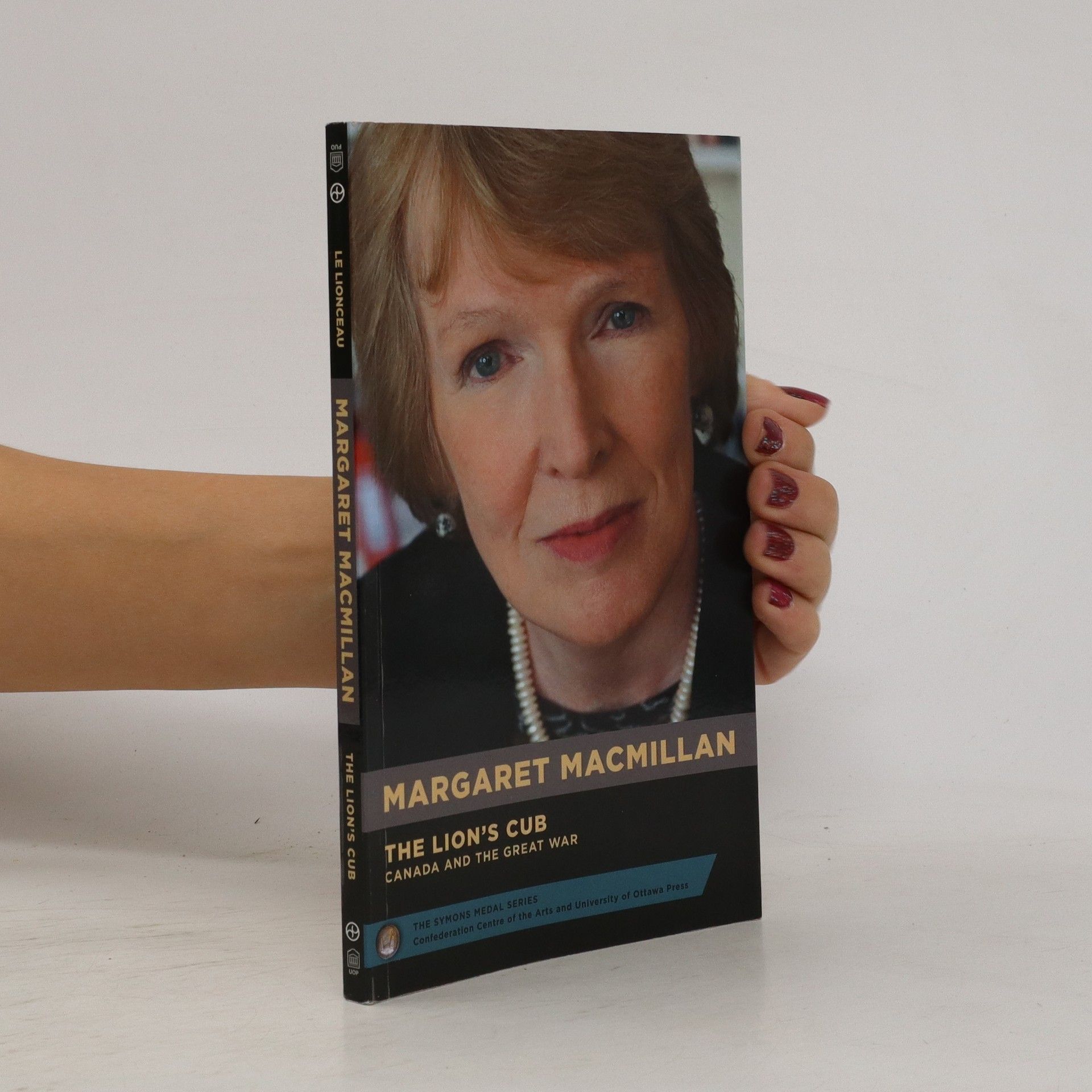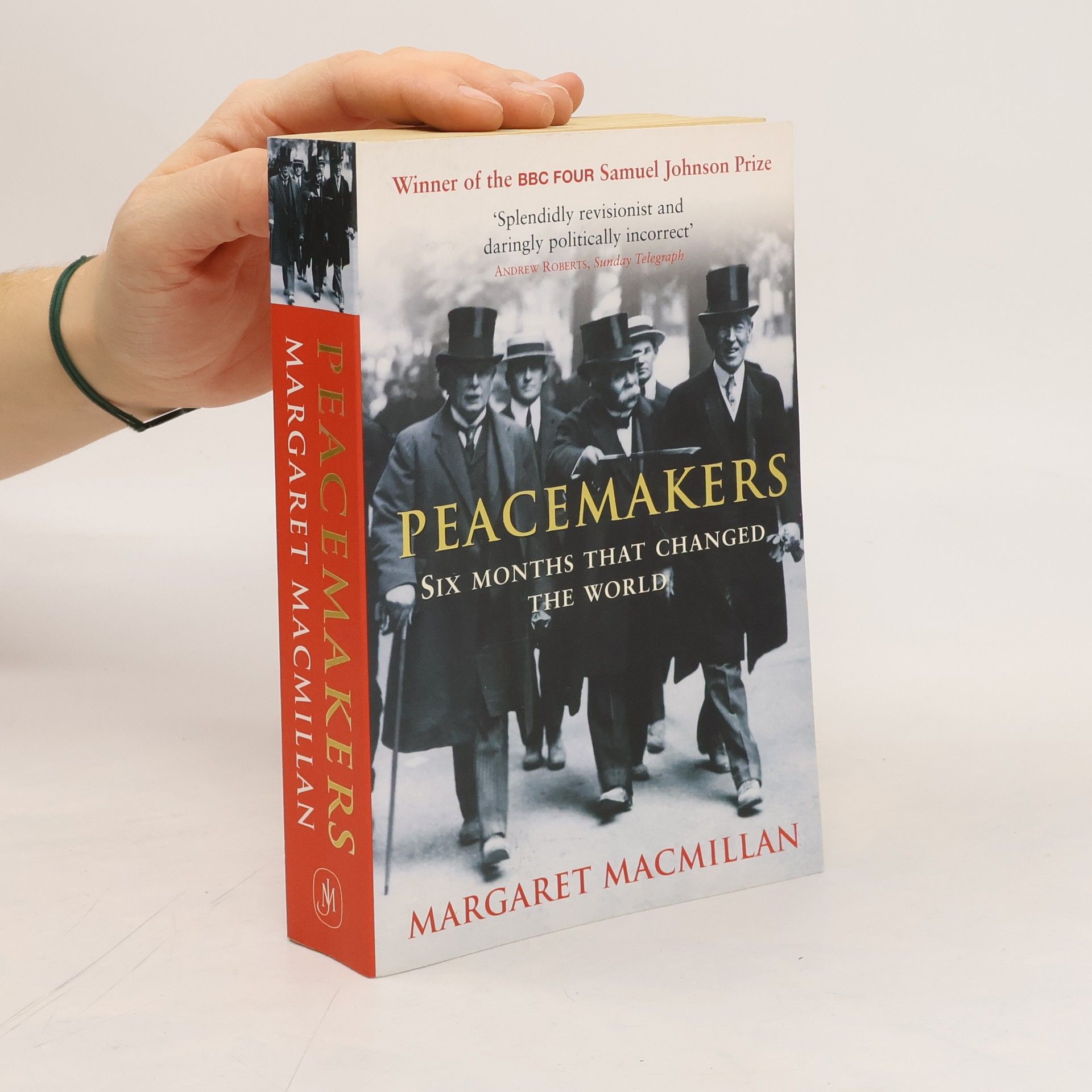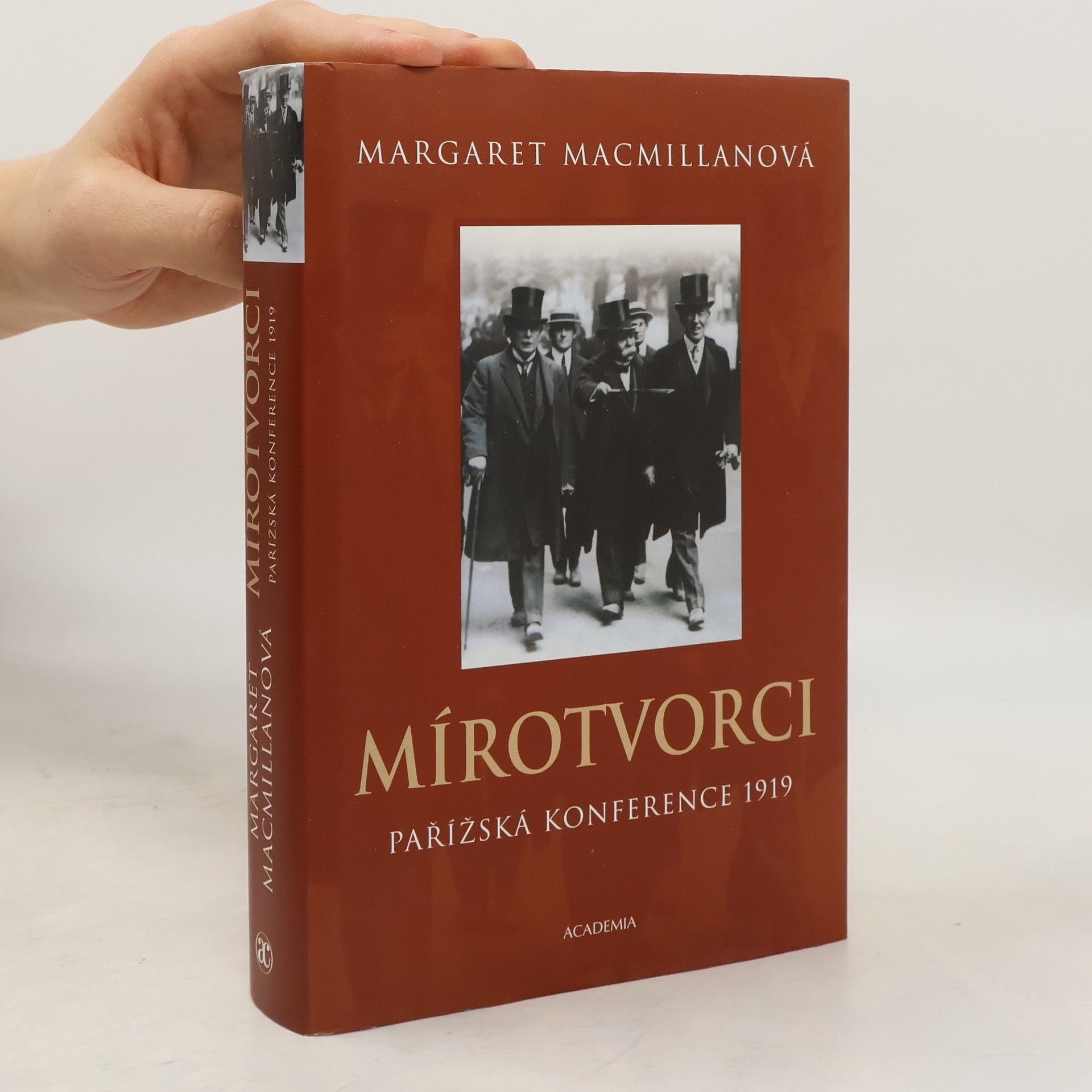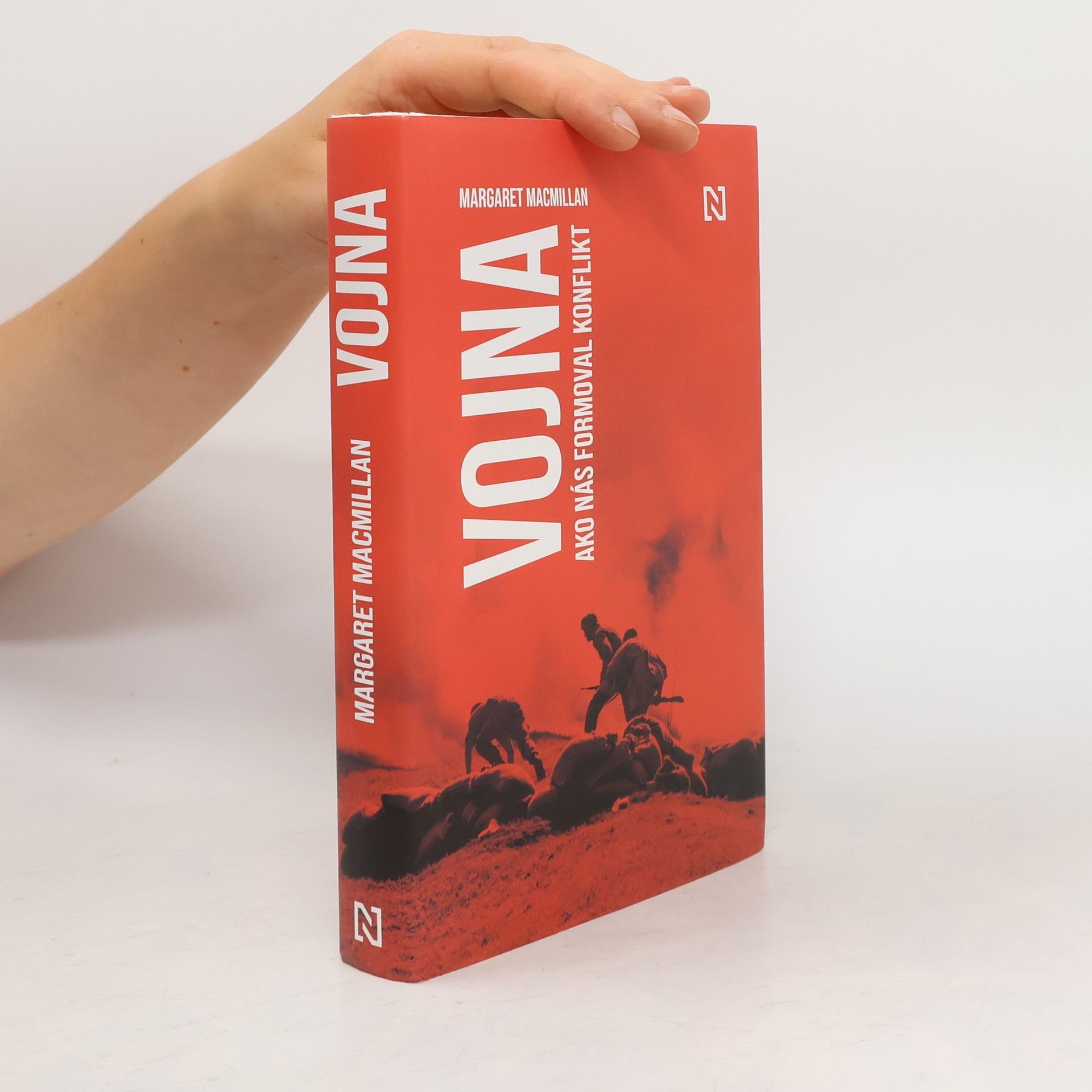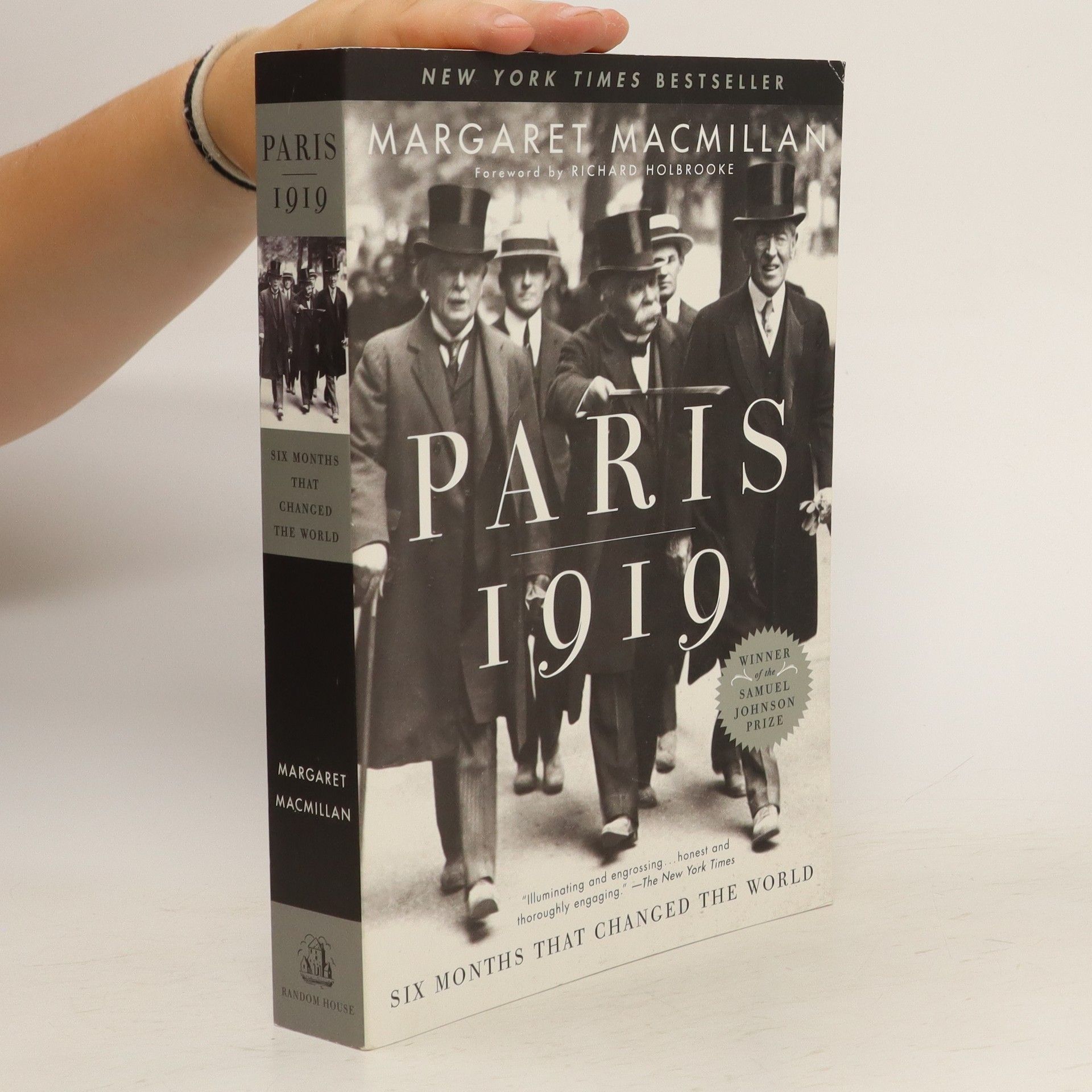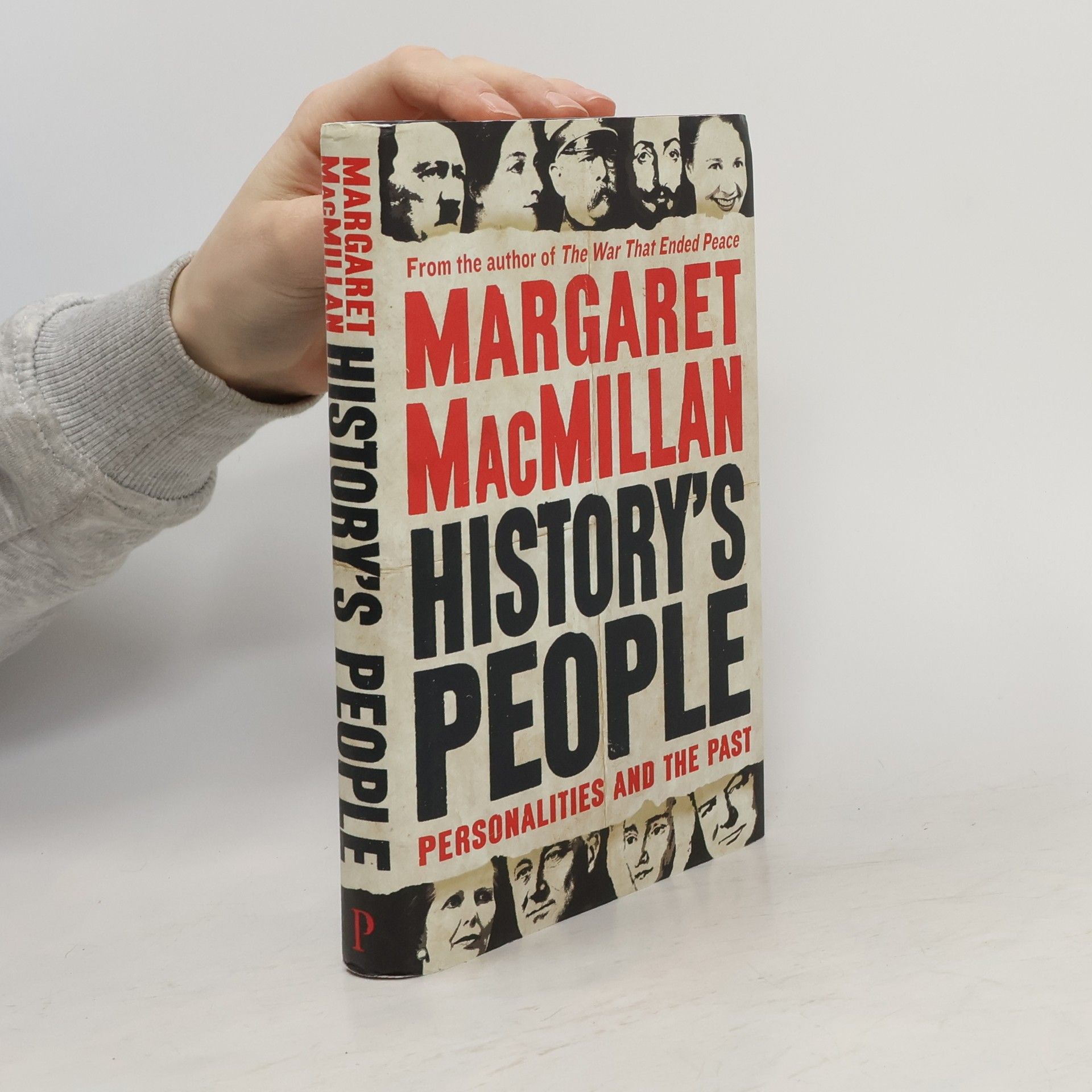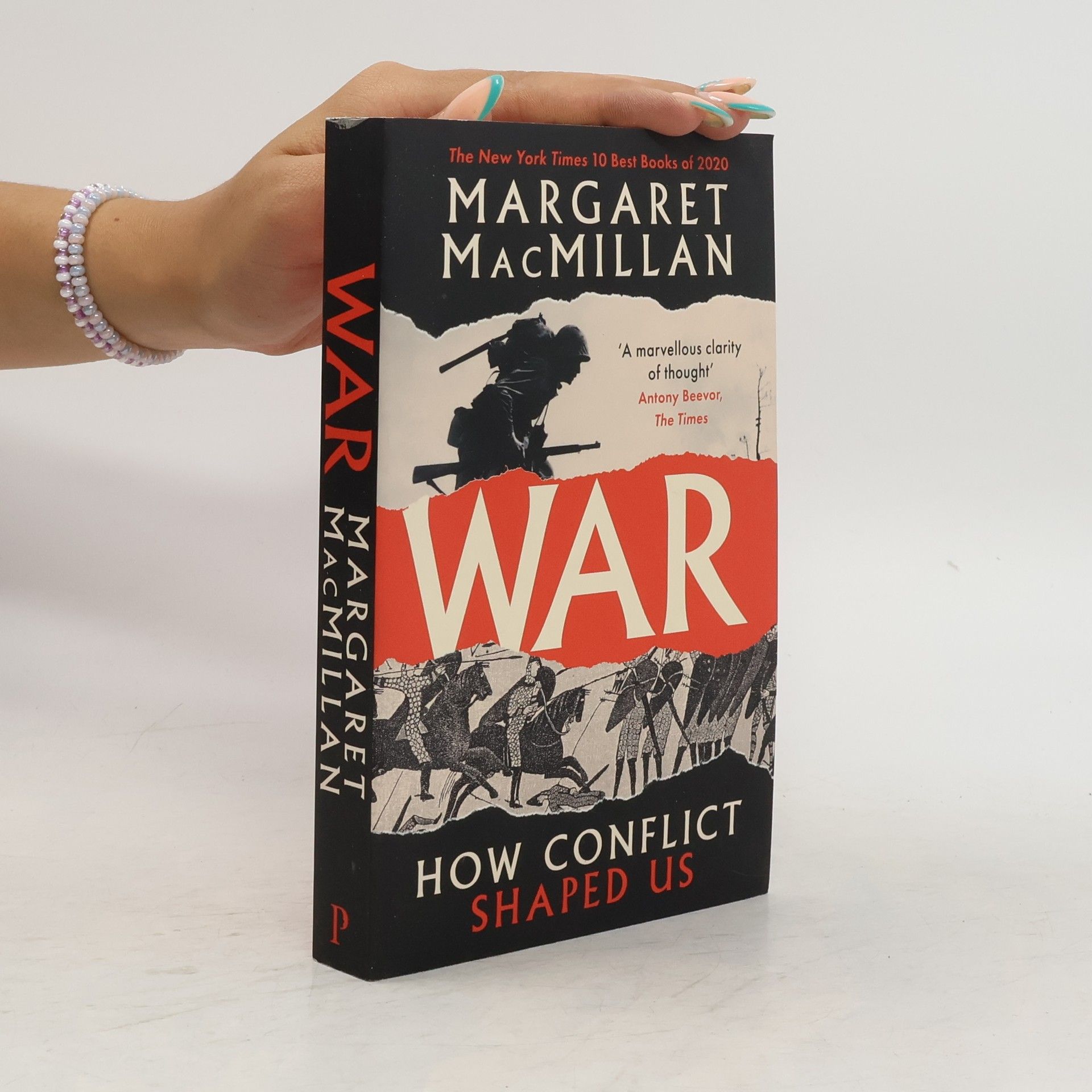Vojna. Ako nás formoval konflikt
- 352 stránok
- 13 hodin čítania
Je mier iba anomáliou? Autorka Margaret MacMillan ponúka provokatívnu perspektívu založenú na tvrdení, že vojna predstavuje elementárnu súčasť ľudského bytia. Ľudia možno prichádzajú na svet s vrodeným inštinktom bojovať, no vojnu – organizované násilie – dokáže viesť len plnohodnotne usporiadaná spoločnosť. Bojové konflikty ovplyvnili históriu ľudstva, jeho spoločenské a politické inštitúcie, hodnoty aj ideály. Veľkoleposť vojny, ale aj útrapy, ktoré spôsobuje, nájdeme v jazyku, vo verejnom priestore, vo svojich súkromných spomienkach a zároveň sú nevyčerpateľnou témou najzásadnejších svetových umeleckých diel. Skúmanie fenoménu vojny je neľahké a komplikované: odhaľuje totiž naše najhoršie, ale aj najlepšie vlastnosti. Margaret MacMillan analyzuje, ako vojna ovplyvnila ľudskú spoločnosť a ako politická organizácia, technológie a ideológie zmenili to, ako a prečo bojujeme. Kniha Vojna: Ako nás formoval konflikt sa venuje diskutovaným a kontroverzným otázkam, ako napríklad: Kedy sa zrodila vojna? Naozaj sme odsúdení na neustály boj medzi sebou? Prečo je vojna najzorganizovanejšou ľudskou činnosťou? Dokážeme niekedy stanoviť jej pravidlá? Prečo sú medzi bojovníkmi takmer výlučne muži? Na príkladoch od antiky až po súčasnosť MacMillan odhaľuje mnohé podoby vojny a jej vplyv na našu minulosť, budúcnosť, naše videnie sveta a samotnú podstatu človeka.

